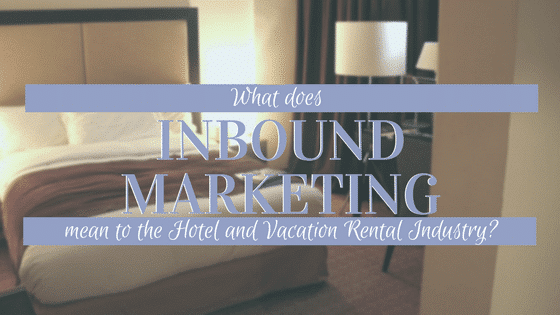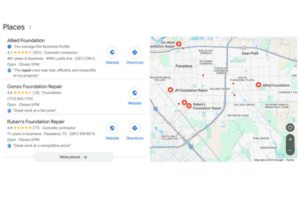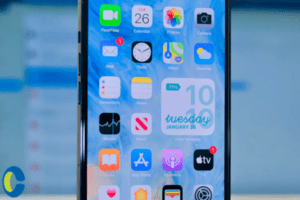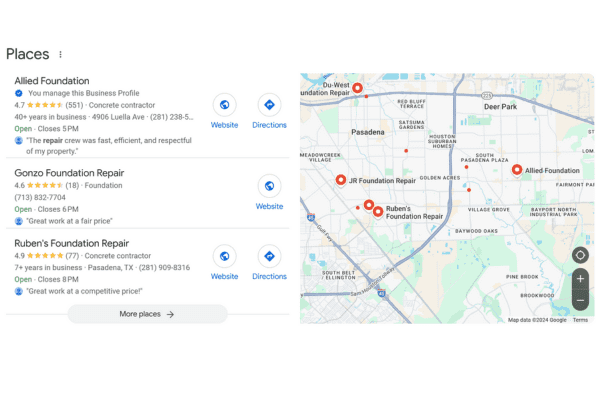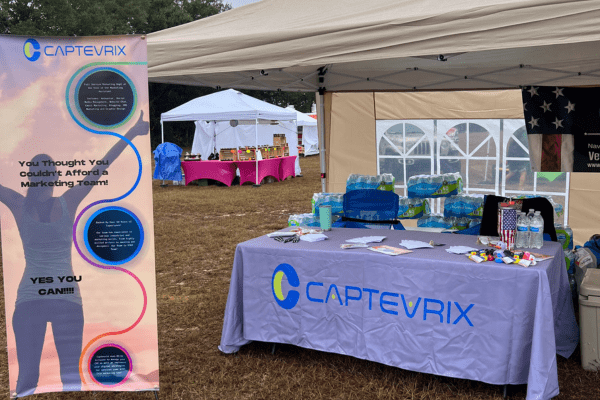Inbound marketing has become a necessity in most business’ advertising. The internet has taken over a large facet of our lives which has put the sales power into the buyer’s hands. They aren’t a sitting duck waiting to be approached any longer. Buyers today can get online, research their product, read reviews and blogs, search until they find a lower price, and book their dream vacation within mere minutes.
As a result, the customer has become empowered and the salesman’s pitch has been redirected. The focus is on quality and customer service. It’s no longer just about the sale, but the experience. Hospitality professionals are learning to cater to the guests, offering indulgence and accommodation, well beyond the patron’s expectations. Better services lead to better word-of-mouth endorsement. That kind of promotion cannot be faked, nor can it be ignored. It is necessary to have repeat business. Much like the days of old, word-of-mouth has become the power behind the booking, except instead of actual verbal conversation, we’re talking virtual conversations. What is inbound marketing and what impact does it have on the hotel and vacation rental industry?
What is Inbound Marketing?
Inbound marketing is the strategy of creating content that will draw the buyer to you. It’s a way of engaging them, developing a relationship with them, and keeping in contact with them for the future. This tactic aligns your marketing content to your potential patrons without chasing them down or overly selling a product or service. The concept is to create content such as whitepapers, blogs, eBooks, and social media profiles that will draw potential customers to you.
How does it work in the Hotel and Vacation Rental Industry?
The inbound methodology is understanding your potential guest. By understanding your patrons, you can align your content with their desires and needs, which will attract your ideal guests to your website, where you can convert those visitors into paying guests.
What is Content and How Do I Use it?
Content is anything you publish on your website to attract and inform visitors on your website. Some examples: your homepage which describes your destination and location, social media posts such as X and Facebook , visual images, guides, checklists, webinars, and any other free content offers. The content you create will depend on your potential guests. You’ll need to truly understand them and create buyer personas to reference and develop.
Is the Inbound Method a One-Time Deal?
Once you’ve set up the foundation for your inbound strategy and start creating content that attracts and converts your visitors into guests, your inbound tactics are rolling! However, that does not mean you’re done. This is something you need to consistently and constantly update by creating new and engaging content that your visitors see as valuable to them. You want them coming back! Engage them in conversations and interactions. Fuel the conversations with responses and insight. Continually retain their interest by promoting your activities, discussing local events to draw them to you, and giving insight into the best places to visit. Leave them craving for more!
Inbound marketing involves many forms of communication which take time and creativity to produce. This kind of marketing is always evolving and growing. The single most important thing to remember is to create content that fits your business. Offer quality and quantity your customers can’t find other places. Stand out! Remember the whole purpose is to attract and retain those patrons!


